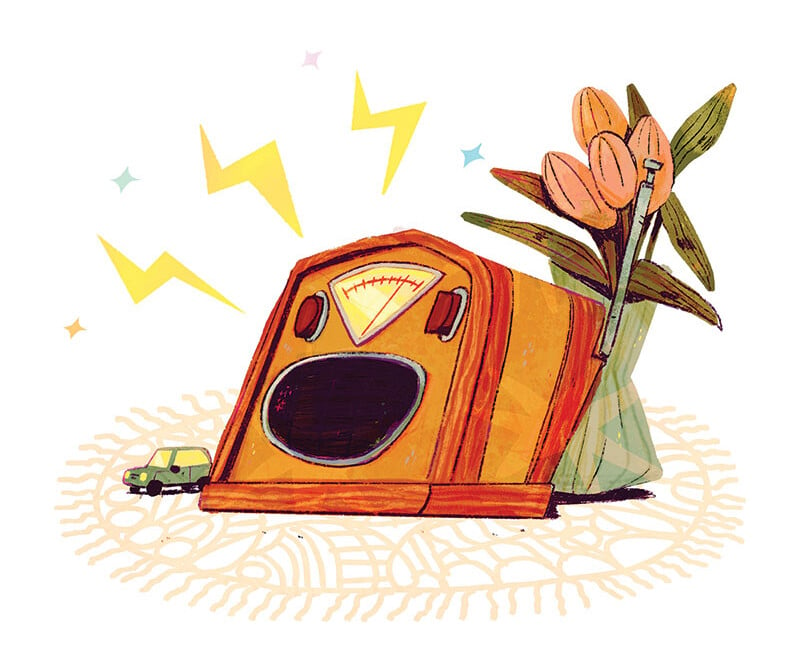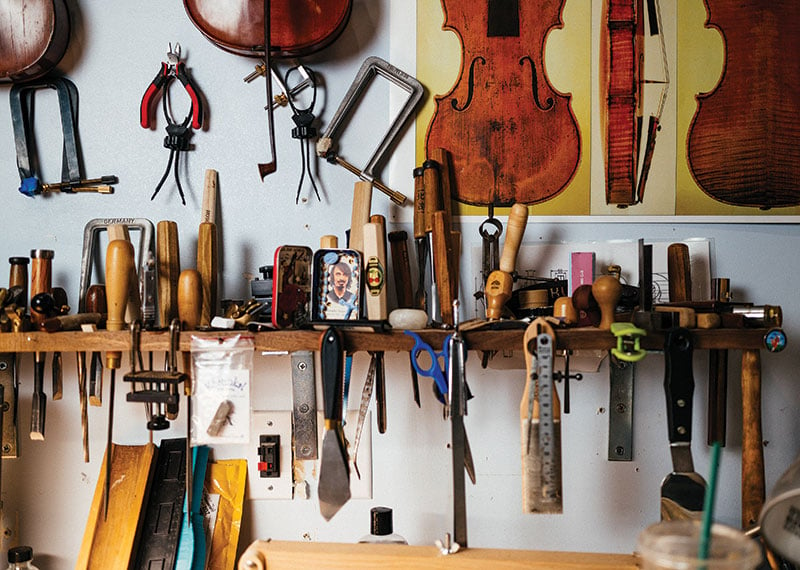Made in Louisiana: A Distinction that Deserves a Label

I was listening to the radio the other day, an old program from the 1960s hosted by the late Dudley LeBlanc: “Les Nouvelles de la Semaine” (“The News of the Week”). Among a certain generation of Louisianians, “Cousin Dud,” state senator and inventor — as well as commis-voyageur (“salesman”) — of the Prohibition-era tonic “Hadacol,” and of its post-war successor, “Kary-On,” was a trusted voice on the air, who often spoke of his determination to help “le pauvre malheureux” (“the poor miserable person”) in both his political and business ventures; and every Sunday, as noon drew near, many French families would gather around the radio to hear the week’s news, information that Cousin Dud provided in the langage naturel (“native language”) of their Louisiana culture: French.
When you spend time with le vieux monde (“the old people”) — or, as in this case, with the words they may have left behind for us — you quickly become aware of the great number of changes to daily life that came during the past century, and with each visit to an elderly neighbor, each page of newspaper turned at the library, each listening session at the archives, you’re always liable to learn something new. This time, Cousin Dud taught me a new meaning (or, more aptly, an old meaning) for a word that I, you, and all of us are quite familiar with already — “créole.” The exact definition of this word, like many labels, will always be slightly different depending on you’re asking, but for Sénateur (“Senator”) Dudley LeBlanc, born in 1894, it seems it was quite simple: “un Créole” (“a Creole”) is “un homme du sud de la Louisiane” (“a man from South Louisiana”). And despite the muddle that the usage of this word has become today, this was indeed the original meaning of the word “créole” — something or someone from Louisiana.
For example, the late Révérend Monseigneur Jules Daigle, author of a Cajun dictionary that is still on the shelves of many a Louisiana household today, writes in the introduction to this work that “creole” as an adjective “simply means indigenous or local.” Of course, once you start calling groups of people “indigenous” or “local,” things can become complicated, and the application of the word “créole” to du monde (“people”) is — let’s say — much less generalized these days (and is a debate we will not attempt to join here); but to describe les affaires (“things”) or les produits (“products”) that originate here in Louisiana, there is still an abundance of proof for this original meaning scattered throughout our language. Take, for example, the general term we use to describe our local heirloom varieties of tomatoes, onions, and oranges; or take our name for Louisiana’s historic breeds of cattle, horses, mules, and sheep — to make the important distinction between our native varieties and those from elsewhere, we have always employed the label “creole.”
I invite you to go spend time with your own elders. Maybe they’ll remember even more vieilles affaires (“old things”) like ladderback chaises créoles (“Creole chairs”) with cowskin seats, or la bière créole (“Creole beer”) made from rice and pineapple — but watch out: comme je sors de vous dire (“as I just told you,” to borrow a saying of old Cousin Dud’s), when it comes to naming people “Creole,” there might be trouble. Fortunately, though, a tomato is rarely that ornery.


